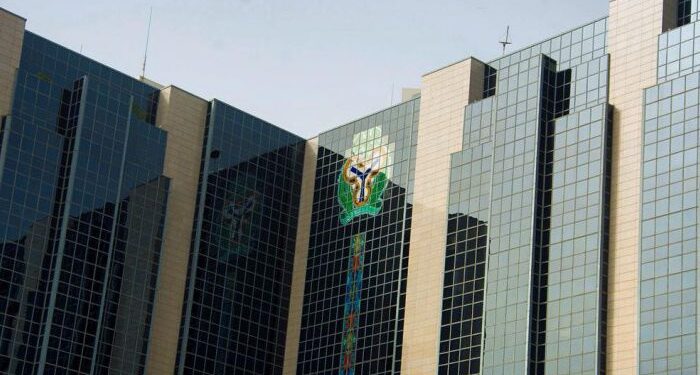The Central Bank of Nigeria (CBN) has pinpointed ageing pipeline infrastructure and operational inefficiencies as key factors behind the oil revenue crash during the third quarter of 2024.
According to the CBN’s latest economic report, oil revenue dropped by 24.72% to ₦1.30 trillion compared to the second quarter of 2024, marking a significant shortfall. The report highlighted that oil revenue for the period fell short of the quarterly target by a staggering 75.39%.
This shortfall was attributed to frequent pipeline shut-ins caused by an ageing infrastructure and deteriorating installations, severely disrupting operations. The CBN stated: “Oil revenue, however, fell by 24.72 per cent to ₦1.30 trillion, relative to the level in Q2 2024 on account of lower receipts from petroleum profit tax and royalties.”
“It was also 75.39 per cent short of the quarterly target due to shut-ins, arising from ageing oil pipelines and installations.” Despite a slight rise in crude oil production to 1.33 million barrels per day (mbpd) from 1.27 mbpd in the previous quarter, Nigeria’s oil revenue performance remained weak.
Theft, vandalism, and infrastructure deficits compounded the issues, undermining the country’s ability to meet its OPEC production quota. Global market dynamics further exacerbated the situation.
The average spot price of Nigeria’s Bonny Light crude declined by 5.45% to $82.23 per barrel, reflecting subdued global demand. Similar declines were observed in crude oil benchmarks, such as Brent and the OPEC Reference Basket.
Economic Growth Led by Non-Oil Sector
While the oil sector struggled, Nigeria’s overall economy showed resilience, growing by 3.46% in Q3 2024, up from 3.19% in the second quarter. This growth was driven largely by the non-oil sector, which contributed 3.18 percentage points to the total GDP increase.
However, the oil sector’s growth slowed significantly, recording a year-on-year increase of 5.17% compared to 10.15% in the previous quarter. This decline was primarily due to operational inefficiencies and falling crude oil prices. The fiscal impact of the oil sector’s decline was significant.
Federally collected revenue fell 23.71% short of the budget benchmark despite a 7.48% increase compared to the previous quarter. Although the fiscal deficit narrowed by 22.51% quarter-on-quarter, it widened by 43.88% relative to the quarterly target, underscoring the country’s ongoing fiscal pressures.
The report concluded on a cautionary note, warning that Nigeria’s goal of achieving an oil production target of 2 mbpd by the end of 2024 remains at risk. Without urgent investment in infrastructure and decisive measures to curb theft and vandalism, the oil sector’s challenges could persist, posing a threat to the nation’s economic stability.
Experts have urged the government and stakeholders to prioritize investments in modernizing Nigeria’s oil infrastructure and enhancing operational efficiency. Addressing these structural issues is critical for setting up the full potential of the country’s oil sector and achieving sustainable economic growth.















